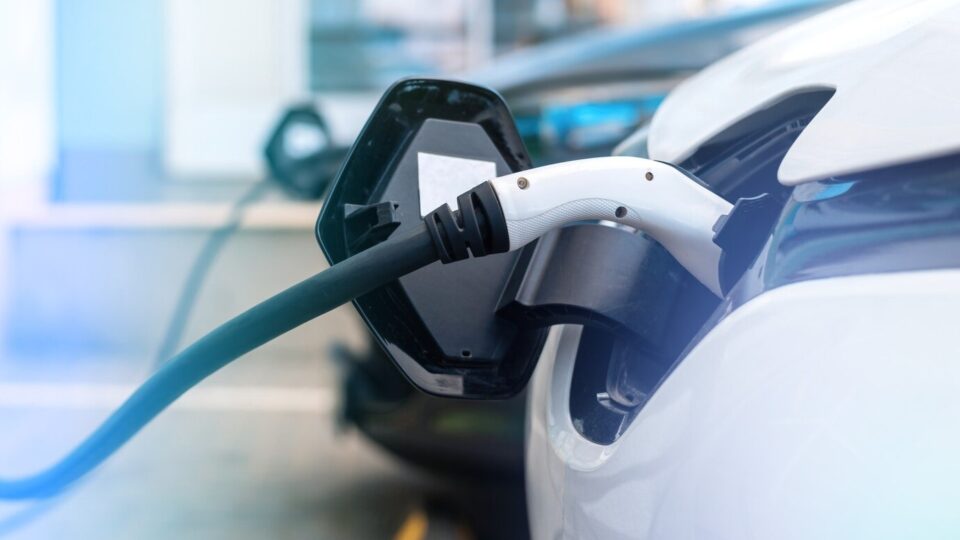As we embark on a new era of transportation, the spotlight shines brightly on electric vehicles (EVs) and their charging technologies. These vehicles are rapidly gaining prominence in the transportation sector, driven by global environmental concerns and significant advancements in technology. This blog post aims to explore the evolving landscape of EV charging, providing insights into how it’s set to transform our travel experiences and contribute to a sustainable future.
Rapid Advancements in Battery Technology
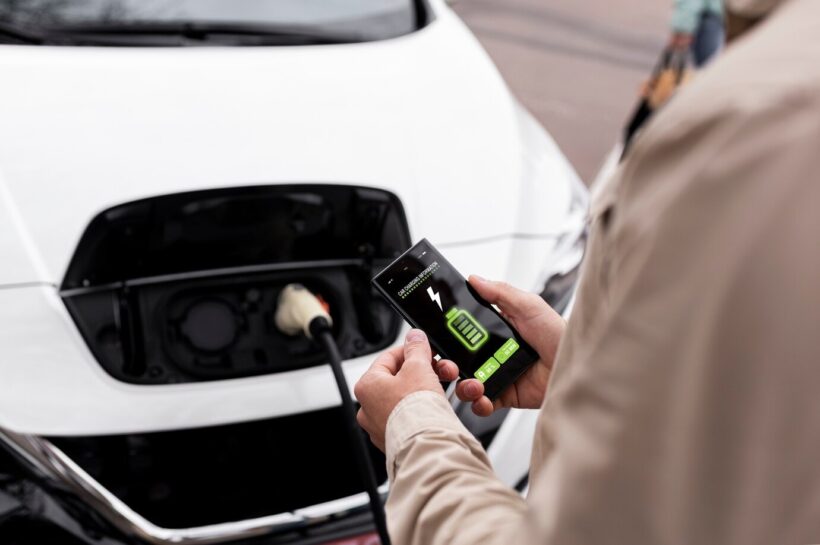
The efficacy of electric vehicles hinges largely on the capabilities of their batteries. Recent breakthroughs in battery technology, such as the development of solid-state batteries, are pushing the boundaries of energy density and charging speed.
These advancements are crucial in reducing EV charging times, making electric vehicles increasingly practical for longer journeys and frequent use. As battery technology continues to evolve, we anticipate a dramatic improvement in EV charging, enhancing the overall user experience and vehicle performance.
Wireless Charging: A Game-Changer
Wireless EV charging, a concept that seemed futuristic not long ago, is now emerging as a potential game-changer in the realm of electric mobility and electric vehicle technology. This technology, which allows for charging without physical connectors, promises unparalleled convenience and ease of use for electric vehicles.
However, it also brings challenges such as high implementation costs and efficiency concerns related to electric vehicle technology. Overcoming these hurdles is crucial for wireless charging to become a mainstream solution, potentially transforming the way we think about powering our electric vehicles.
Ultra-Fast Charging Networks
The emergence of ultra-fast charging networks marks a significant milestone in the evolution of electric vehicles. These networks aim to drastically reduce charging times, making EVs more appealing for long-distance travel and busy lifestyles.
The development of such networks is not just about speed; it’s about making electric vehicles as convenient and reliable as traditional gasoline-powered cars. The deployment of ultra-fast charging stations is a critical step towards a future where EVs can be charged in minutes, not hours.
Bidirectional Charging: Vehicles as Energy Sources
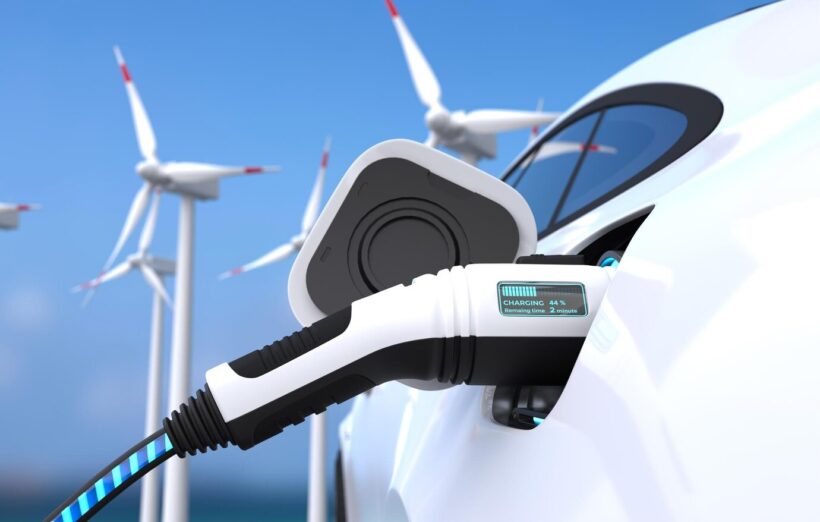
Bidirectional charging introduces an innovative concept where electric vehicles are not just consumers of energy, but also potential sources. This technology allows EVs to feed power back into the grid or power homes during peak times, offering a unique solution to energy management challenges.
The potential applications of bidirectional charging are vast, ranging from stabilizing power grids to providing emergency power during outages. This technology not only enhances the utility of EVs but also positions them as key players in a more sustainable and resilient energy ecosystem.
Solar-Powered Charging Stations
Integrating solar power into EV charging infrastructure is a crucial step towards sustainable transportation. Solar-powered charging stations harness renewable energy to power electric vehicles, reducing reliance on fossil fuels and minimizing environmental impact.
This integration not only bolsters the eco-friendly credentials of EVs but also ensures a more sustainable and self-sufficient charging infrastructure. As solar technology advances, we can expect these stations to become more efficient and widespread, playing a pivotal role in the green transportation movement.
Charging Infrastructure Expansion
Expanding EV charging infrastructure is essential to support the growing number of electric vehicles. Governments and private sectors around the world are investing in this crucial area, recognizing the need for accessible and efficient charging networks. These initiatives are diverse, ranging from installing more public charging stations in urban and rural areas to upgrading existing infrastructure for faster charging capabilities.
The expansion of this infrastructure is vital not only for the convenience of EV users but also for encouraging more consumers to embrace electric vehicles. Additionally, this expansion supports long-distance EV travel, making electric vehicles a viable option for all types of journeys.
EV Charging at Home and Work
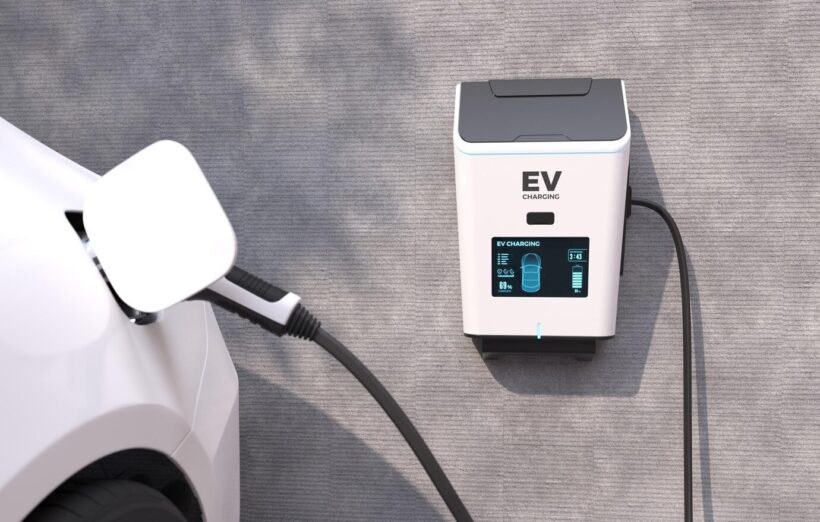
The convenience of charging electric vehicles at home and in workplaces is a game-changer. It provides EV owners with a seamless and hassle-free way to keep their vehicles charged and ready. The future of residential and workplace EV charging solutions is promising, with advancements focused on making them more efficient and seamlessly integrated with smart home and office systems.
These developments will further ease the transition to electric vehicles, making them a practical choice for a broader range of consumers. Furthermore, the availability of home and workplace charging options alleviates range anxiety, a common concern among potential EV owners.
Smart Charging Solutions
Smart charging represents a significant advancement in EV technology, optimizing the charging process based on factors like energy prices, grid demand, and user preferences. Smart charging solutions not only benefit EV owners by reducing costs but also aid in balancing the load on electrical grids, making energy use more efficient.
These systems, as they become more sophisticated, are set to play a crucial role in integrating electric vehicles into our energy systems sustainably. They also pave the way for more user-friendly interfaces and automated charging schedules, enhancing the overall experience for EV users and supporting the shift towards greener energy consumption.
Environmental Benefits and Sustainability
The transition to electric vehicles and the advancement of EV charging technologies align closely with environmental sustainability goals. By reducing reliance on fossil fuels, electric vehicles contribute significantly to the reduction of carbon emissions.
The future of EV charging, particularly with the integration of renewable energy sources and smart technologies, amplifies this positive environmental impact. Embracing these technologies is not just about adopting cleaner transportation methods, but also about fostering a more sustainable and responsible approach to our environment.
Challenges and Obstacles
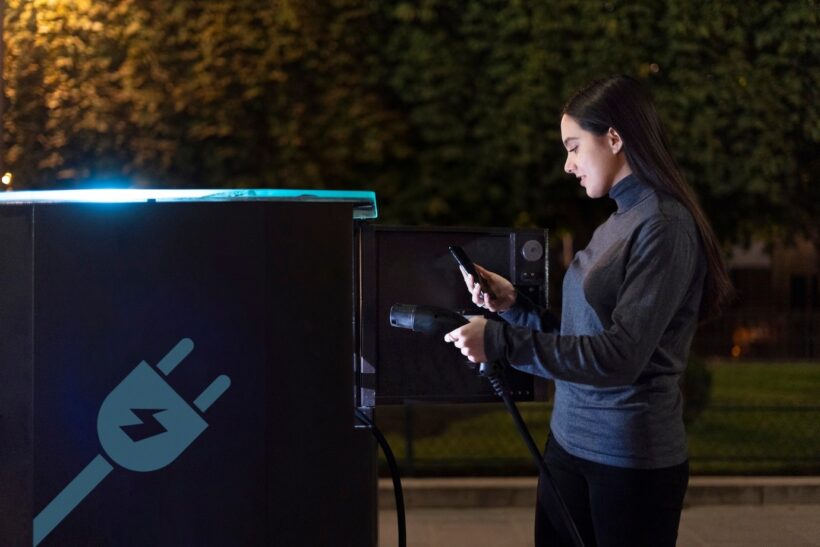
Despite the promising future of EV charging, several challenges and obstacles remain. Issues such as standardization of charging systems and the need to bridge infrastructure gaps are critical. Addressing these challenges requires coordinated efforts from governments, industry players, and consumers.
Overcoming these obstacles is essential for realizing the full potential of electric vehicles and ensuring their successful integration into our transportation systems.
Conclusion
The future of EV charging is bright, filled with innovative technologies and solutions that promise to transform the transportation sector. From ultra-fast charging networks to smart charging solutions, these advancements are not just enhancing the convenience of electric vehicles but also contributing significantly to environmental sustainability. As we continue to overcome challenges and embrace these technologies, EV charging is set to play a pivotal role in shaping a greener, more sustainable transportation future.

